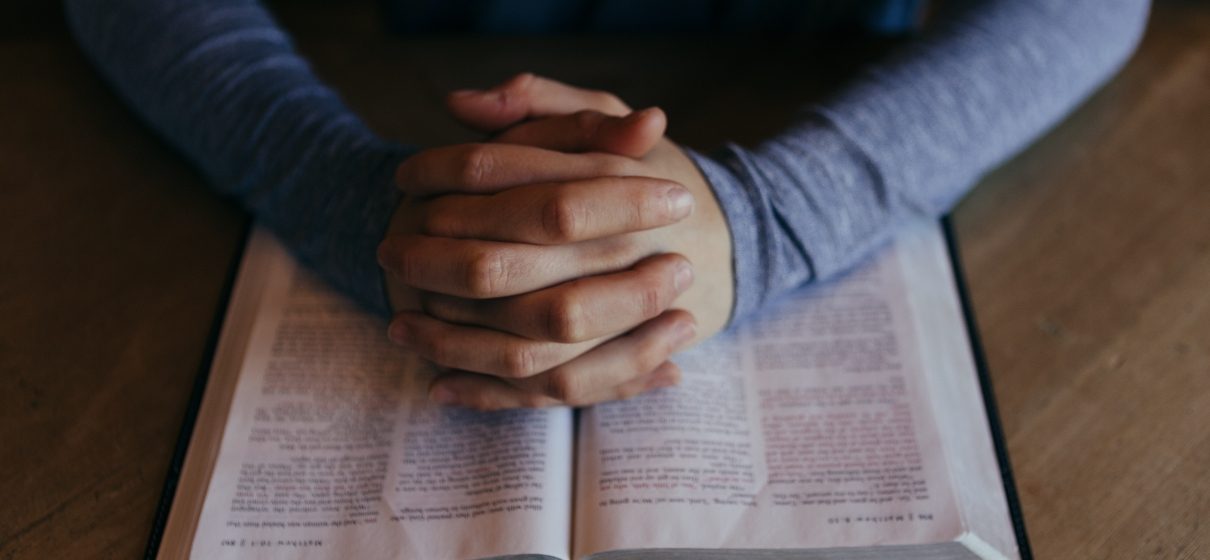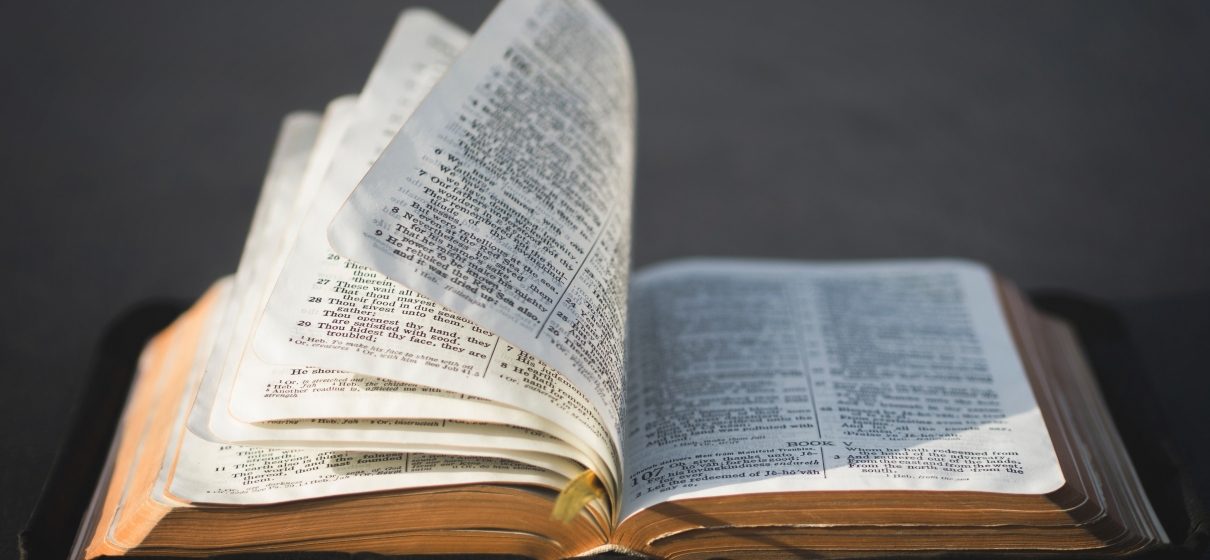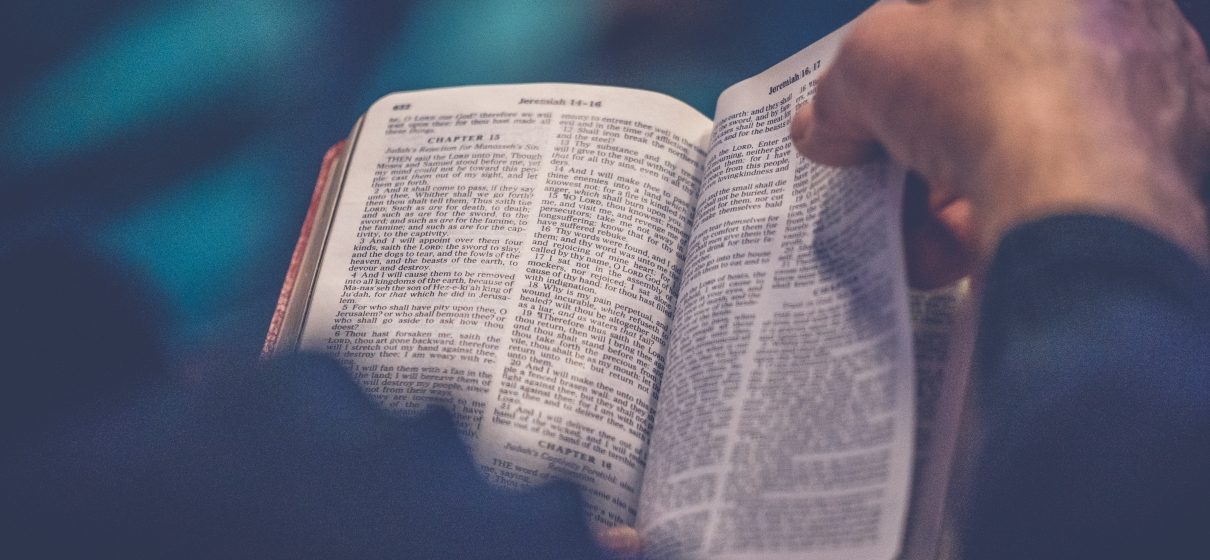From One White Christian to Another
As I watched the public response unfold after George Floyd’s death on May 25, much of the controversy around the conversation of race and justice seemed distant. The vitriol was coming from politicians and media figures far away. The absurd headlines and offensive memes were being shared by people in other places, with a few exceptions. The hatefulness and ignorance were coming from other communities.
It turns out, I was ignorant too.
When local citizens organized a peaceful protest march in my neighborhood, I was shocked by the hatefulness shared by some in our community. It weighed on me. So I did the only thing I knew to do: pray.
I used social media and Nextdoor to invite others to join me in prayer at our neighborhood park six hours before the protest march. I was shocked again when some in our church and others in our community made assumptions and accusations about my invitation to pray.
It wasn’t all bad news, though. Just over 100 people gathered to pray that morning. I have seen countless posts and news stories showing unity and encouragement in the past couple of weeks, and there is a groundswell of support for reconciliation, healing, and justice.
However, my experience with the invitation to prayer has opened my eyes to a larger rift than I knew existed. I am cautious to wade into the broader conversation because I’m a white man, who has lived most of my life in a predominately white community. My family is white, my closest friends are white, and my life experience is white. But the most important truth about who I am has nothing to do with those things.
I am a follower of Jesus Christ. He is my king. His teachings and his way of life are my mission.
So, as a white Christian writing to other white Christians, here are three things I would like to share.
We have an opportunity
We can’t fully understand the hurt our black brothers and sisters are experiencing, but we can listen with humility and openness. The sad truth is, statistically, we aren’t great at this part. The Barna Group, an evangelical Christian research organization, published an article based on their findings that is worth reading. Barna VP of research Brooke Hempell says, “More than any other segment of the population, white evangelical Christians demonstrate a blindness to the struggle of their African American brothers and sisters.”
Wait…what?!? I don’t want that to be true of me. Do you want that to be true of you? Unfortunately, it is true of us.
But, do we want it to continue?
The first step we must take is to lean in and listen intently. What does that look like? It means seeking out conversations with black people in our lives. It might also mean reading things we wouldn’t normally seek out, or watching documentaries that make us uncomfortable, or exposing ourselves to things we disagree with or that offend us. This will take time and we should expect to be uncomfortable for a season, not an afternoon. Listening and learning will help us know how to take the next step.
We have an opportunity in this season to listen. To listen is to love, and love is what will change the world. Love has already changed each of us. “For God so loved the world, that he gave his only Son…” (John 3:16a).
Race and reconciliation are not either/or issues
A false dichotomy exists in today’s either/or narrative and it should stop with us. We cannot participate in, or perpetuate, the division portrayed in the news media and on social media. There is more nuance to these issues than a meme can communicate. And nuance requires patience, thoughtfulness, and respectful conversation.
If we are going to listen in love, then we should be quiet long enough to understand all that is being said.
An easy example is to consider the difference between “black lives matter” and Black Lives Matter. One is a humanitarian statement defending the value of life, the other is a political organization with a specific agenda. Every Christian should fully endorse the statement “black lives matter,” but most Christians will find it difficult to support the full agenda of the Black Lives Matter political organization (e.g. the legalization of prostitution).
The conversation about race and reconciliation has become politicized and polarized, and we have been led to believe that there are only two sides to choose from. This is not true. These issues are multi-faceted.
Refusing to accept this false dichotomy should cause us to listen intently without assuming we understand all that is being said. It will also free us up to evaluate each facet of the conversation biblically.
This will help us as we consider the differences between protesting and rioting, police brutality and #backtheblue, inequality and privilege, and a hundred other parts of the conversation.
We must rise above the polarization and politics. The stakes are too high. We must embrace reconciliation as a both/and issue – as a gospel issue.
We must do something now
Jesus summed up God’s expectations for all of his people by teaching that the two most important things we must do with our lives are to love God with all that we are, and to love our neighbors as we love ourselves (Matthew 22:34-40). When asked to define what a neighbor is, Jesus told the parable of the good Samaritan – a story that shows everyone is our neighbor (Luke 10:25-37). Jesus took special care to break down the division of race for his followers.
White Christians, we must love our neighbors who are a different race from us. We must love in active, sacrificial, and uncomfortable ways. We must love humbly like our Savior loves (Philippians 2:5-8).
After listening and learning, we must engage the issues. We cannot sit on the sidelines! But we have to engage the issues like Jesus would. How did Jesus engage the world around him? He loved the broken and the hurting. He befriended the zealot. He washed the feet of his betrayer. Jesus forgave his executioners. He touched the leper. He wept with the grieving. He loved without pretense, prejudice, or politics. These examples show us that Jesus put the person above the problem.
What if you made it your mission to love like Jesus did?
What if white Christians across our community went all-in on this type of Jesus movement?
What if God used us to be part of the peace, healing, unity, and justice so badly needed?
What if God used you?
“By this we know love, that he laid down his life for us, and we ought to lay down our lives for the brothers. But if anyone has the world’s goods and sees his brother in need, yet closes his heart against him, how does God’s love abide in him? Little children, let us not love in word or talk but in deed and in truth.”
– 1 John 3:16-18
Want to listen and learn? There are a lot of resource lists available online. Check them out. I don’t think you can go wrong. Don’t know where to start? I like www.bethebridge.com








